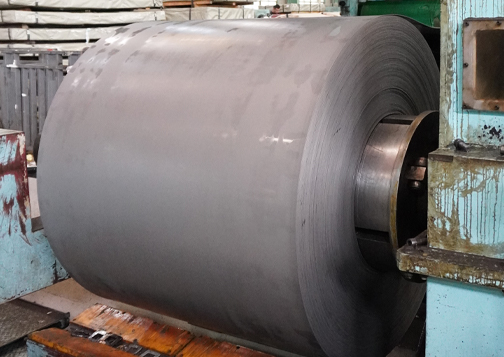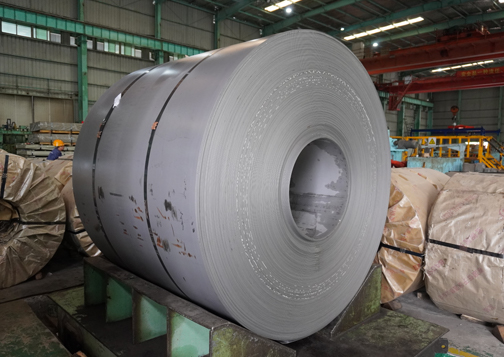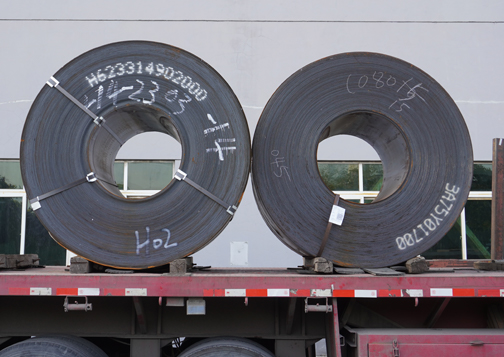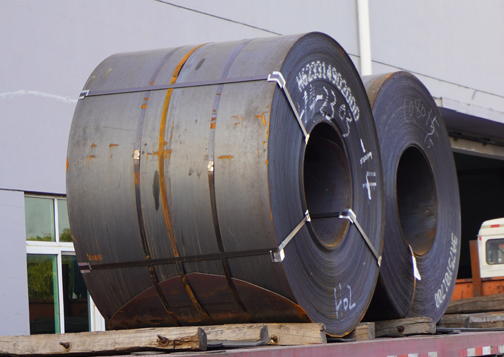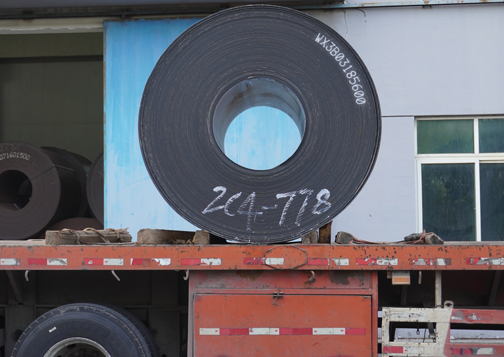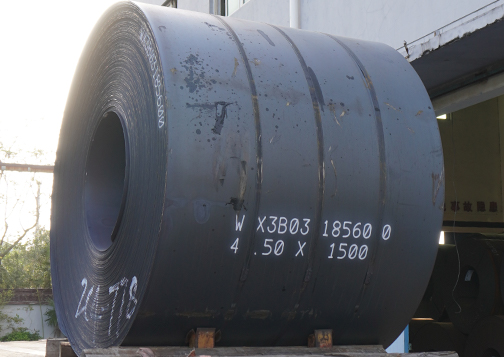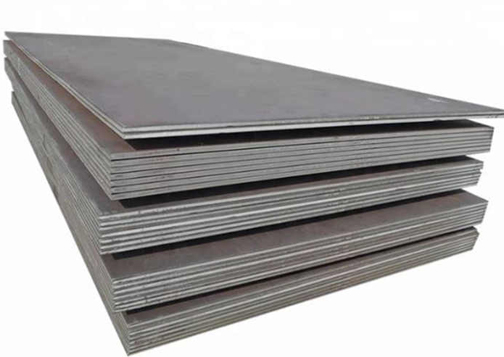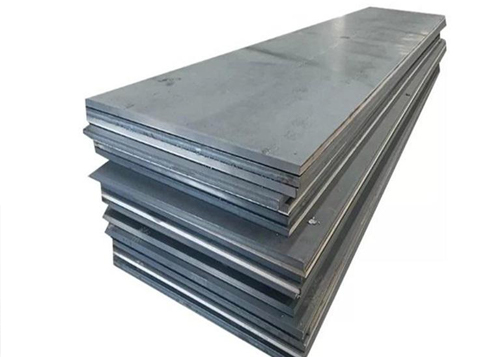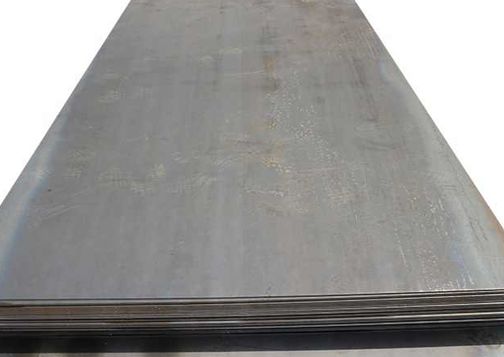+86(21)56162819[email protected]
- Home
- Services
-
Steel Products
- Hot rolled coil
- Cold rolling
- Precision steel belt
-
Plate
- Energy use steel plate
- Atmospheric corrosion resistant steel plate
- Offshore platform steel plate
- Low temperature pressure vessel steel plate
- High strength and toughness container steel plate
- Boiler vessel plate
- Bridge slab
- Building structural steel plate
- Low alloy structural steel plate
- High strength ship plate
- High strength steel plate
- Wear-resistant steel plate
- Alloy steel plate
- Pickling steel coil
- Silicon Steel
- Coating
- Stainless steel
- Nickel-based alloy
- Mould steel
- Round bar steel
- Steel tube
- OEM
- News
- About

